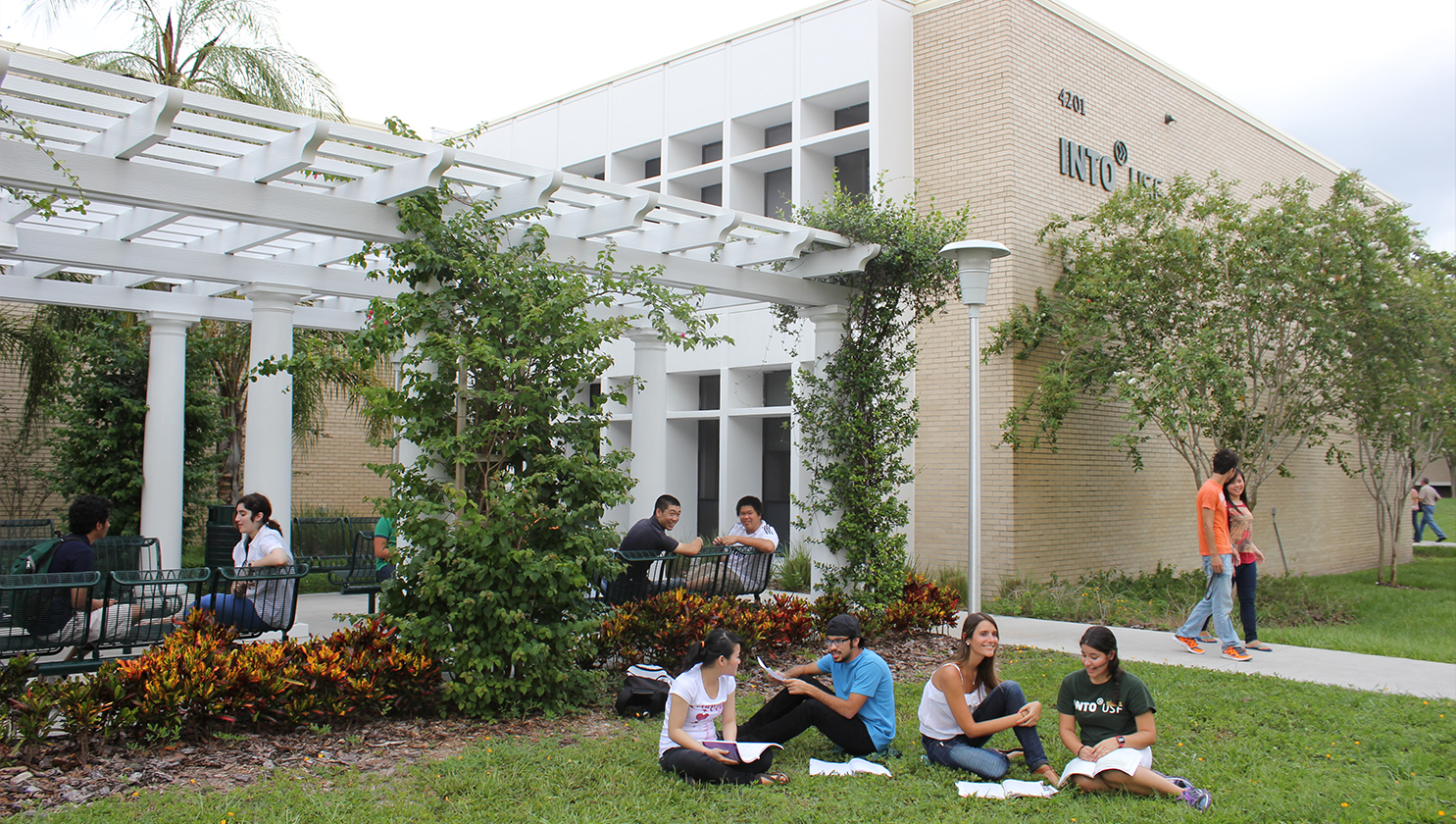OPINION: Universities have an obligation to restore public discourse

On April 20, Montana House Republicans and protestors prevented Democratic Rep. Zooey Zephyr from speaking on the House Floor regarding the controversy of gender-affirming care, according to an April 25 article by NPR.
This protest, along with countless others this year alone, has demonstrated a lack of tolerance for opposing viewpoints. This is an issue of public discourse that is crucial to the survival of American society and democracy.
The solutions to this must begin in education. Universities nationwide have also been afflicted by polarization and intolerance.
“I have noticed a sharp decline [of discourse] in recent months. In one of my classes, I have a professor who has been hesitant to bring up controversial topics due to recent legislation,” pre-law sophomore Preston Kifer said in a March 20 interview with the Oracle.
However, USF is only one of many universities not fulfilling its responsibility to students in this way. Fear of introducing contentious subjects in the classroom is the exact reason discourse is on the decline.
If universities were to promote debate and discourse not only within the classroom but also campuswide, the next generation could facilitate a society of compromise, understanding and prosperity.
Universities serve as the breeding ground for young adults to pose, critique and accept ideas. This environment cannot be sustained without the foundational democratic principle of public discourse, which is the serious discussion or debate of generally controversial topics facing society.
USF, along with universities nationwide, must recognize that the increasing lack of tolerance is an intellectual plague on society, and initiatives must be taken to combat this. Seminars and learning workshops along with classroom discussions should be initiated to teach and encourage public discourse in academia.
“Listening to, considering and actively debating divergent viewpoints and perspectives reaches to the very foundation of higher learning, discovery and the scholarly pursuit of truth that is a hallmark of the university,” Provost Emeritus Ralph Wilcox said in a Feb. 25 interview with the Oracle.
Only 25% of U.S. adults feel their universities are “very” open to a variety of viewpoints, according to a 2019 Pew Research Center study. Students and universities must understand that hearing from a viewpoint in direct opposition to their own can strengthen values and encourage discussion making way for tolerance and even acceptance.
“Amplifying the effect of these divisive figures is the technologically fueled disruption of the media industry, especially the rise of social media,” said Thomas Carothers, co-director of the Carnegie Endowment for International Peace’s Democracy, Conflict and Governance Program in a 2019 article regarding his research.
Social media is a driving factor in declining public discourse. As of now, 48% of U.S. adults receive their news from social media, according to a 2021 Pew Research Center study. With intentionally curated feeds, social media users are inundated with one-sided arguments and they find themselves in an echo chamber of their own views, according to a Cornell University study.
For this very reason, young students are particularly at risk for social and political polarization which has exponentially increased as of late, according to a 2022 Pew Research Center study on polarization rates.
If an opposing view appears online, users are only ever one swipe away from something more “comfortable” to them, reducing the opportunity to interact with various points of view. Social media’s negative influence on discourse cannot be rectified in a timely manner, and universities must not stand idly by.
“Our universities exhibit the symptom of foolishness—a lack of readiness to discuss,” explained an online publication from the private research center Witherspoon Institute in 2019.
Public discourse cannot be rewoven into the fabric of the U.S. without the help of education, higher education specifically. Universities must implement strategies to combat polarization and intolerance.
“Some universities have created free speech zones in order to encourage an open flow of ideas. Other places have developed courses, lecture series, conferences, workshops and academic enterprises designed to promote out-of-the-box thinking or a diversity of viewpoints. Yet, current efforts to outright silence scholars and teaching marks an important, and dangerous, escalation of this issue,” said Darrell West in his work for Brookings Institution’s Brown Center Chalkboard series.
For example, Smith College in Massachusetts established a program called the Campus Discourse Initiative. Its goal is to create a campus that welcomes civil discourse and the voice of all viewpoints through education and dialogue.
While USF’s DEI office hosts Enlightenment Workshops, the workshops are always related to racial bias, cultural competence and systemic racism.
Although these are important topics, these workshops must touch on extensive subject matters from various perspectives and be promoted on campus to encourage diversified conversation. Also, if these workshops were open for discussion, discourse could be fostered. This would allow for a collaborative and successful learning environment for faculty, staff and students alike.
Public discourse is the avenue to powerful solutions for global problems. If universities can equip students with the skills and the settings to engage in debate, students will stimulate a vibrant and civil society.






